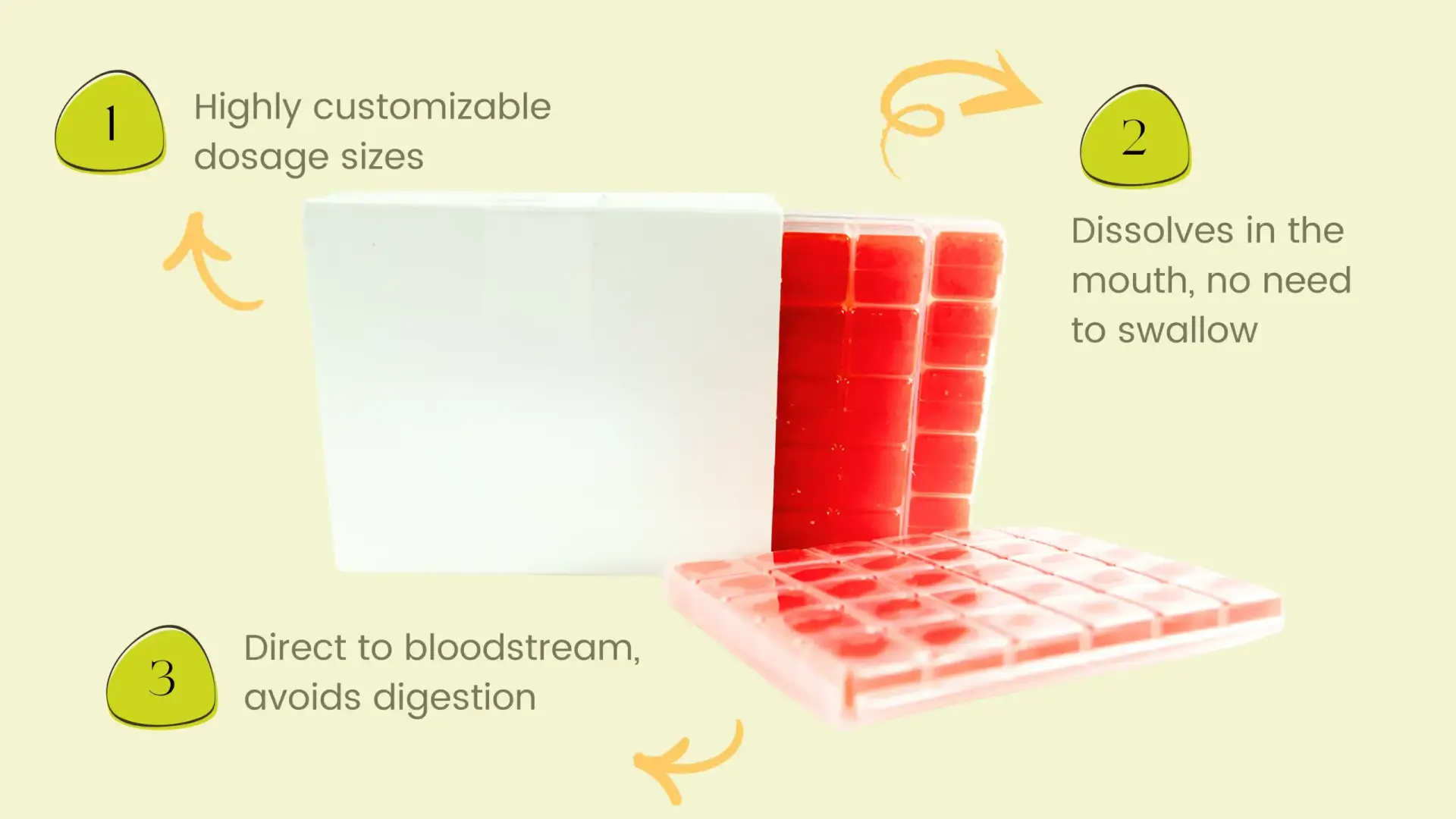
Erectile dysfunction is a common condition that affects a large number of men. Both men and women can experience significant consequences in their relationship.
In addition to the physical aspect, psychological and emotional well-being can also be damaged.
ED can be a complex issue, so understanding the underlying causes can be helpful to both partners. Below are some of the most common reasons men may experience erectile dysfunction.
ED affects approximately 30 million men in the United States. It becomes more common with age.
However, simply aging will not cause ED as it is more tied to health and physical activity.
No, masturbation does not cause ED. However, excessive masturbation coupled with anxiety or guilt may contribute to psychological ED.
ED does become more common with age, however many older men do maintain healthy erectile function.
ED can often be tied to a different health issue such as diabetes, obesity, etc.
ED that persists for more than a few weeks should be reviewed by a doctor.
Additionally, you should see a doctor if you have other symptoms such as low libido, pain during sex, or other underlying health conditions.
ED is not always permanent. Many men recover with treatment, especially if the underlying cause is addressed (e.g., lifestyle changes, managing diabetes, or treating hormonal imbalances).
An erection occurs when the body directs blood flow to the penis, typically in response to arousal or other stimuli.
However, various physical conditions can interfere with this process. Cardiovascular diseases like hypertension, atherosclerosis, and heart disease can restrict blood flow. These conditions can damage blood vessels, exacerbating erectile dysfunction by limiting blood flow to the penis.
Additionally, illnesses like diabetes, obesity, and metabolic syndrome can disrupt hormone levels, nerve function, and blood circulation. These factors collectively impair the body’s ability to achieve and maintain an erection.



Unsurprisingly, diet and lifestyle choices play a significant role in overall health and bodily functions, including erectile function. A sedentary lifestyle and lack of exercise can increase the risk of erectile dysfunction.
A balanced diet rich in nutrients supports overall well-being, including sexual health.
Quality sleep is equally crucial. Inadequate sleep can lead to mental stress, hormonal imbalances, obesity, diabetes, and cardiovascular issues, all of which contribute to erectile dysfunction.
Maintaining a healthy lifestyle, including regular exercise, a balanced diet, and sufficient sleep, can positively impact erectile function and overall health.

As men age, their hormone levels, particularly testosterone, naturally decline. Bioavailable testosterone levels in the body decrease by approximately 2%-3% annually. By age 60, about 20% of men have testosterone levels below the normal range.
Testosterone plays a crucial role in libido and sexual function. Low testosterone levels can lead to decreased sexual desire and may contribute to erectile dysfunction.
Hormone therapy is an option to replenish testosterone levels. However, it’s essential to consult healthcare professionals before beginning any treatment to ensure it suits individual health needs.


Many components can factor into the development of erectile dysfunction. Diet, lifestyle choices, mental health, and medications can all affect the body differently.
Sometimes, simple lifestyle changes and open communication with your partner can help resolve problems. However, in some cases, more significant approaches should be taken.
Make sure to talk with a healthcare professional. This can include your doctor, therapist, or pharmacist. Addressing erectile dysfunction can be a tandem effort with the client, provider, and partner.
Please complete the form on this page to reach out with any questions.
Monday – Friday: 10 am to 6 pm
Saturday: 10 am to 2 pm
Sunday: Closed
Monday – Friday: 9 am to 6 pm
Saturday: 9 am to 1 pm
Sunday: Closed
Call/Text: (303) 795-4300
Fax: (303) 795-5849
Monday – Friday: 8 am to 5 pm
Saturday & Sunday: Closed
DISCLAIMER: A prescription from a licensed practitioner is required for compounded medications.
The content and photographs on this website are copyrighted or licensed material and may not be downloaded for other than personal use. Retransmission, republication, reproduction, or any other use of the content or photographs is prohibited.
©ClearSpring Pharmacy
Website Development by Storey Marketing